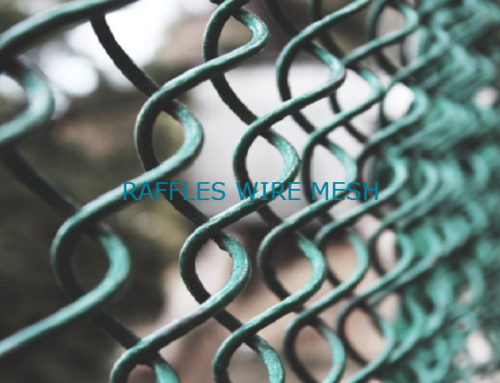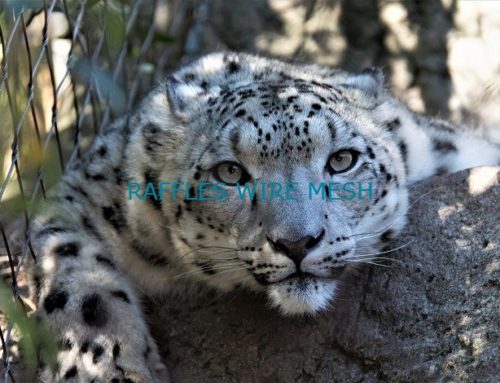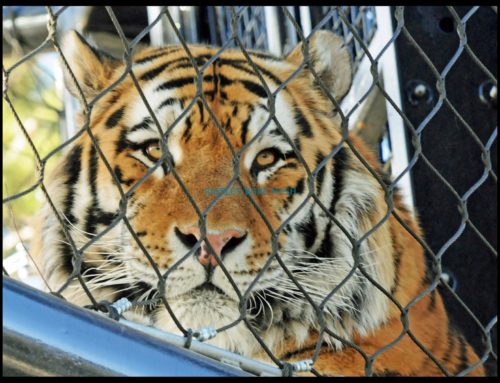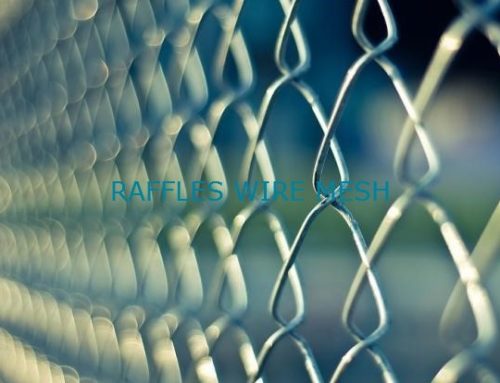With any project, mistakes always have a chance of occurring, either during development or even long after the development concludes. In the case of fences for animals, it is always necessary to get everything right with your fence, otherwise, you can end up with an animal or two that runs away or gets hurt.
With this in mind, one of the most common mistakes that farmhands, zookeepers, and other animal owners make is picking the wrong type of fence. As you can tell, there are various types of fences, but not all of them are considered good enough for your specific lot, and there are other types of fences that you might not even be allowed to build, even if it’s on your property.
Buying supplies and erecting a fence can be a costly and time-consuming endeavour, so planning ahead is very important to do. You should first consider referring to your city or county building commission for what types of fences that you can and cannot build on your property. Building a fence that does not meet local regulations will surely result in having to tear it all down and build all over again. You could even be subject to a fine.
If there are no local restrictions that limit choices, choosing the best fence isn’t always easy. For instance, stainless steel rope mesh fences are great for some instances, but not every instance. They are durable, easy to install, and cost efficient, but one unfortunate circumstance like a fallen tree can easily take it out completely. If should be no surprise that there is no fence that is considered to be the best, but just the best fence for the job at hand.
The type of animal fence that will do a great job for you will rely on what you are looking to accomplish by building it. You can use a fence to keep in animals, keep out animals, or even both. You also have to consider what kinds of animals you own as well as how big they are and how motivated they are to enter or leave a fenced area. When it comes to farm animals, the bigger animals tend to be more tolerable, with cows being the most tolerable and poultry usually being the least. For zoo animals, the level of tolerance greatly varies by species.
Knowing the behavior of your animals will help you pick the best type of fence for them. Do they climb, jump, dig, rub their backs against fencing? Which fence offers them the highest chance of staying secure and the lowest chance of escaping? Are baby animals likely to slip through certain stainless steel rope mesh fences? Can a heavy animal knock the fence down?
What could be more problematic than keeping your animal is in keeping predator animals out. You might have sheep that can be the target of a hungry wolf, or you might be growing plants that groundhogs might get at one day or another. Knowing how you can keep your animals and plants safe can help you decide which kind of fence to buy.
Are you still confused on what kind of fence you need the most? List out your most troubling concerns with your outdoor animals on a piece of paper and go right down the list for which kinds of fences can help meet those specific concerns that you have. Then choose a style of fence that helps satisfy most of those concerns. But don’t forget to be sure about some of the fences that you may not be allowed to build.
To browse zoo mesh for sale, visit RafflesMesh.com.





